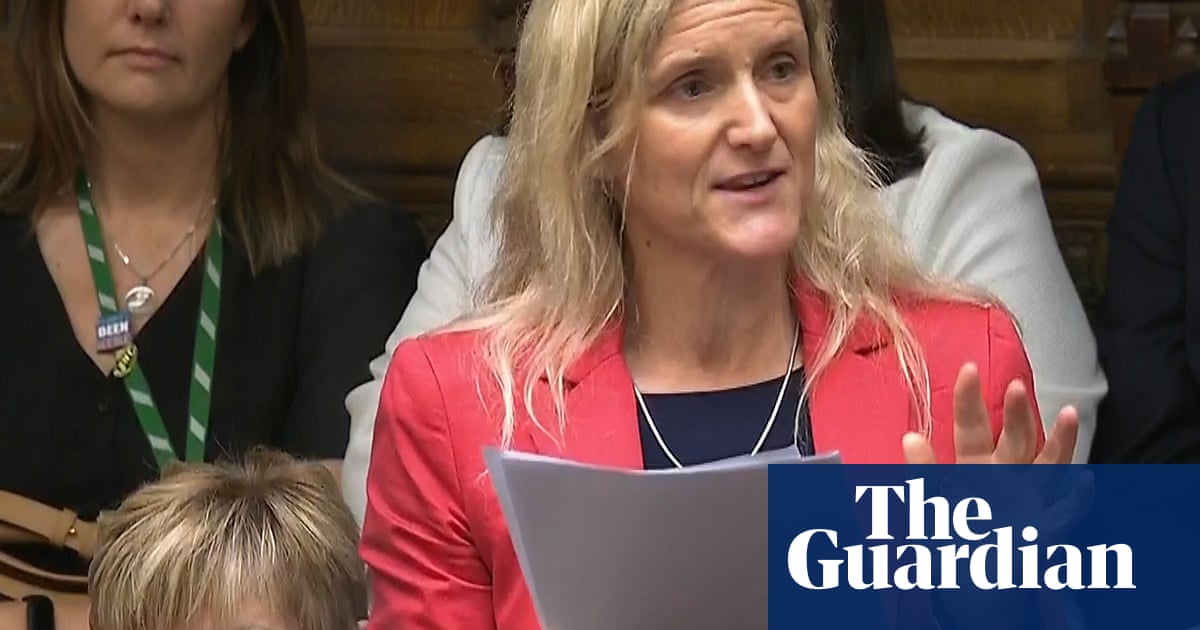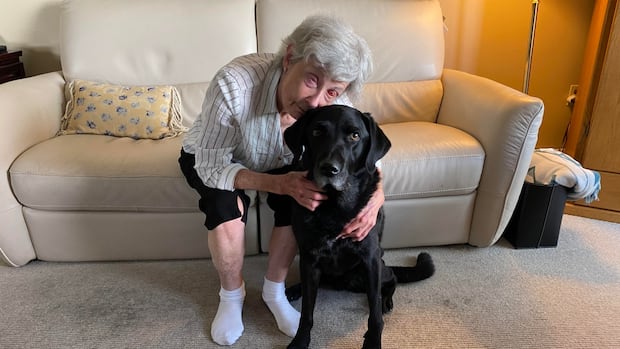Historic Vote in Parliament Paves the Way for Assisted Dying Legislation

In a monumental decision, the UK Parliament has voted to legalize assisted dying for terminally ill individuals, following a contentious debate that culminated in a vote count of 314 in favor to 291 against, resulting in a majority of 23. This pivotal moment was largely propelled by Labour MP Kim Leadbeater’s bill, which now advances to the House of Lords, where it is expected to encounter minimal opposition.
The newly proposed legislation grants individuals diagnosed with terminal illnesses and given less than six months to live in England and Wales the option for an assisted death, contingent upon approval from two medical professionals and a panel comprising a psychiatrist, a social worker, and a senior lawyer. Leadbeater passionately emphasized the need for this bill, asserting that it represents a crucial opportunity to address the significant injustices faced by terminally ill patients and to provide them with a compassionate choice regarding their end-of-life situation. She clarified that this choice is not about opting between life and death, but rather about controlling the manner of their death, urging her fellow MPs to consider the long-term implications of inaction.
During the proceedings, individuals affected by terminal illnesses were present in the public galleries, actively watching the debate and participating in a rally outside Parliament Square. Meanwhile, some disability advocates raised their voices in protest, expressing concerns that the legislation could potentially lead to vulnerable individuals being coerced into making hasty decisions about their lives. James Cleverly, the former foreign secretary and a vocal opponent of the bill, highlighted his stance, stating that inadequate safeguards are in place to protect against such coercion, disavowing the notion that voting against the bill equates to maintaining the status quo.
The voting landscape within the government revealed a significant divide, with prominent cabinet ministers such as Rachel Reeves and Ed Miliband opting to support the bill, while the deputy prime minister, Angela Rayner, and others, including Bridget Phillipson and Wes Streeting, opposed it. Labour peer Charlie Falconer is set to guide the bill through the House of Lords, with hopes that it will receive royal assent by October. However, the practical implementation of the bill remains a topic of uncertainty, as the government and the NHS have a four-year timeline to set the necessary frameworks into place. Questions linger regarding who will administer the service—whether it will be the NHS or private entities—and whether it will be provided free of charge.
One key stipulation is that terminally ill patients must be of sound mind to make the decision for an assisted death. Notably, an amendment aiming to prevent individuals from accessing the service solely due to feelings of being a burden to loved ones was rejected. Additionally, legal measures will be enforced against any family members found to be pressuring individuals into hastening their deaths.
Throughout the debate, advocates for the bill highlighted the absurdity of the current laws, where individuals can legally starve themselves to death, yet seeking medical assistance to end suffering remains illegal. Leadbeater articulated this contradiction, arguing that it is illogical to restrict individuals from receiving necessary help in their final days. Supporters shared poignant testimonies, including Conservative MP Mark Garnier, who recounted his mother’s prolonged suffering from pancreatic cancer, contrasting it with the experience of others who opted for assisted dying in countries like Spain.
Opponents of the bill, including Labour MP Diane Abbott, cautioned against what they perceive as a significant shift in the role of the state, expressing concerns that such legislation could lead to irreversible consequences. Some MPs, like Vicky Foxcroft, voiced apprehensions on behalf of disabled individuals, asserting that many do not wish to see assisted dying legislation passed until existing health and social care systems are adequately addressed and improved.
In preparation for the final vote, several amendments were proposed and passed, including measures to clarify classifications related to terminal illness and to mandate a report on the state of palliative care from the health secretary. Although the bill has made significant strides, the debate surrounding assisted dying remains a deeply polarizing issue within society, with passionate arguments from both sides. As this legislation progresses, it is poised to ignite further discussions about the ethical implications of assisted dying in the UK.























